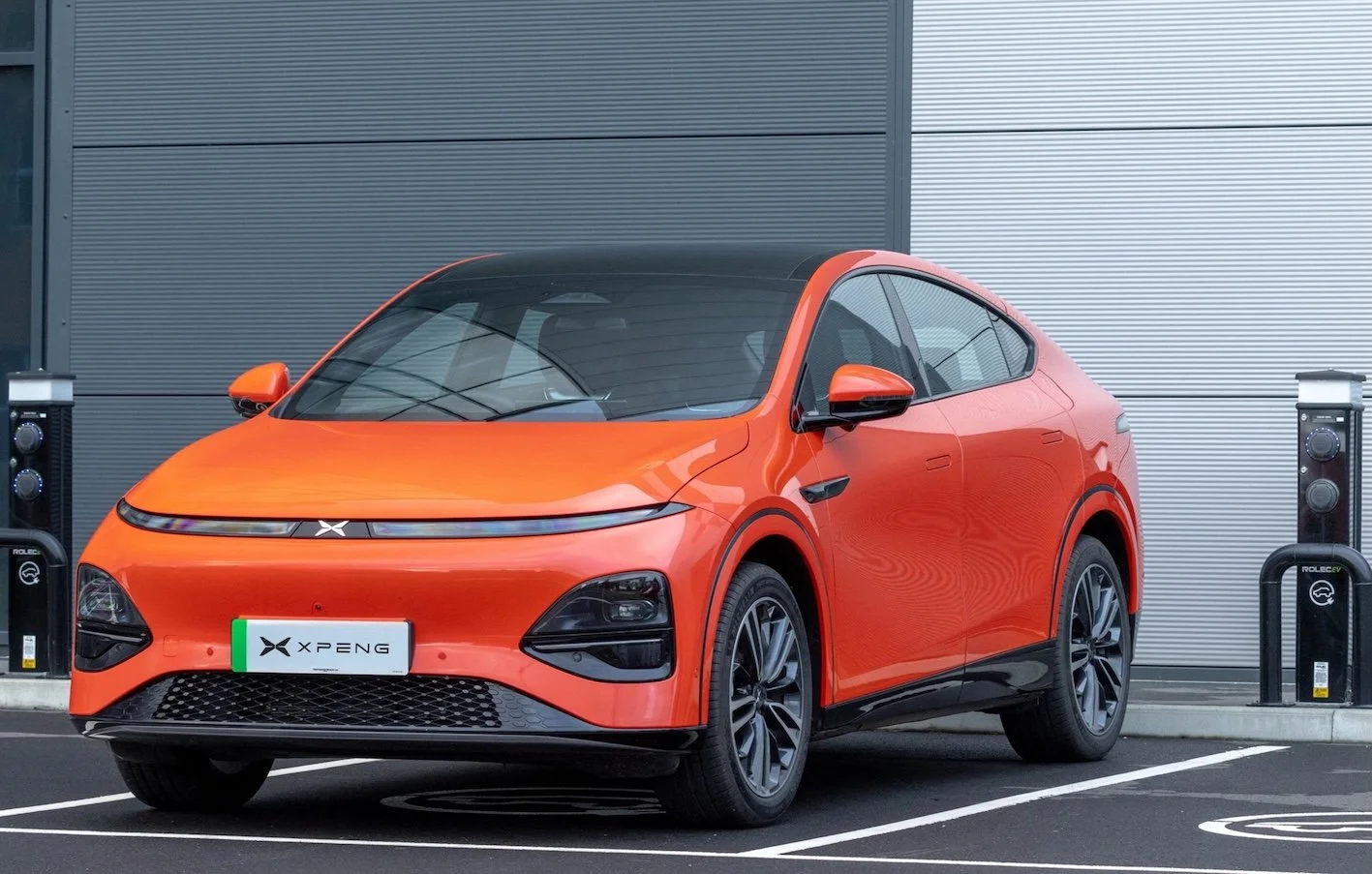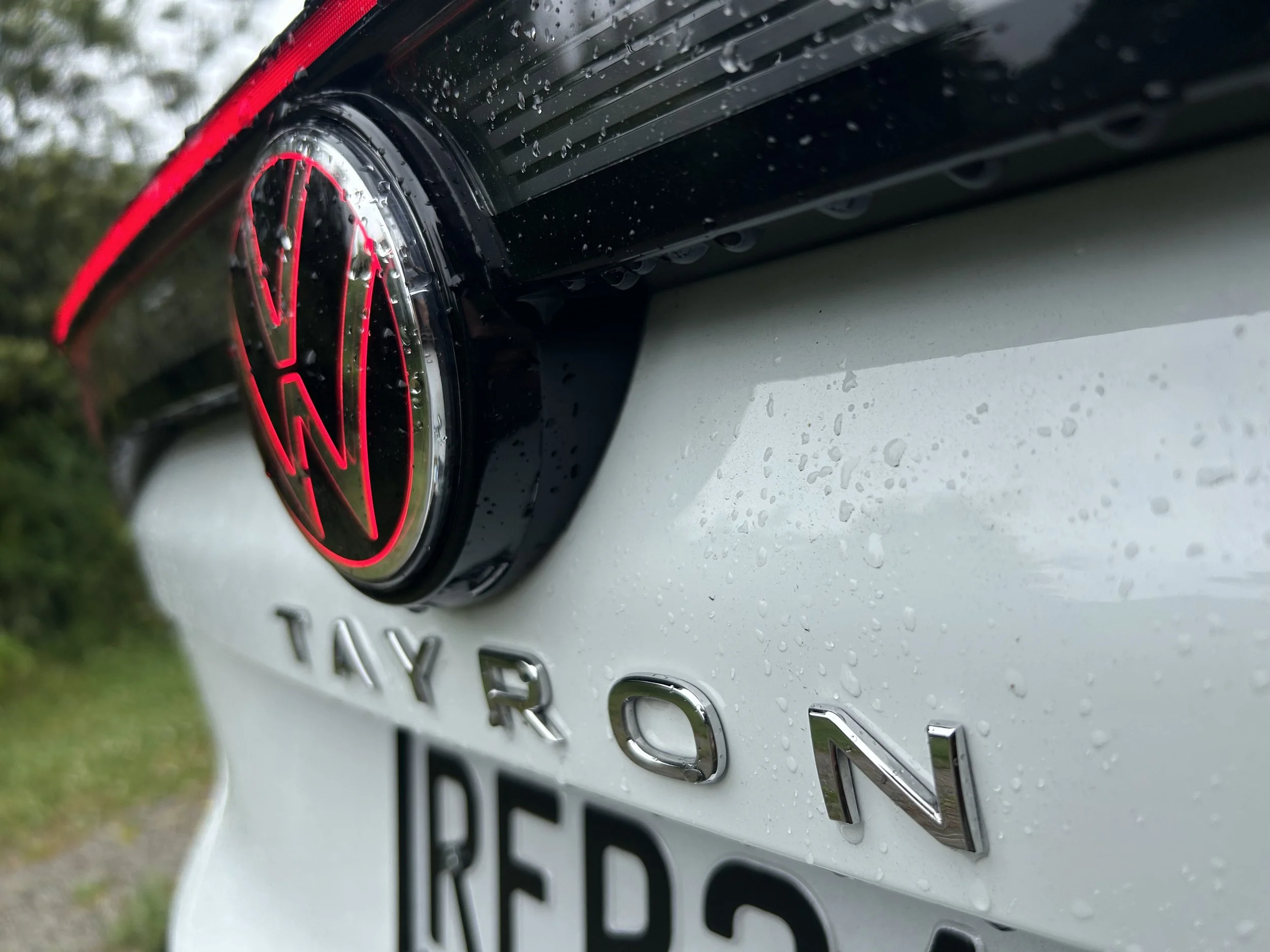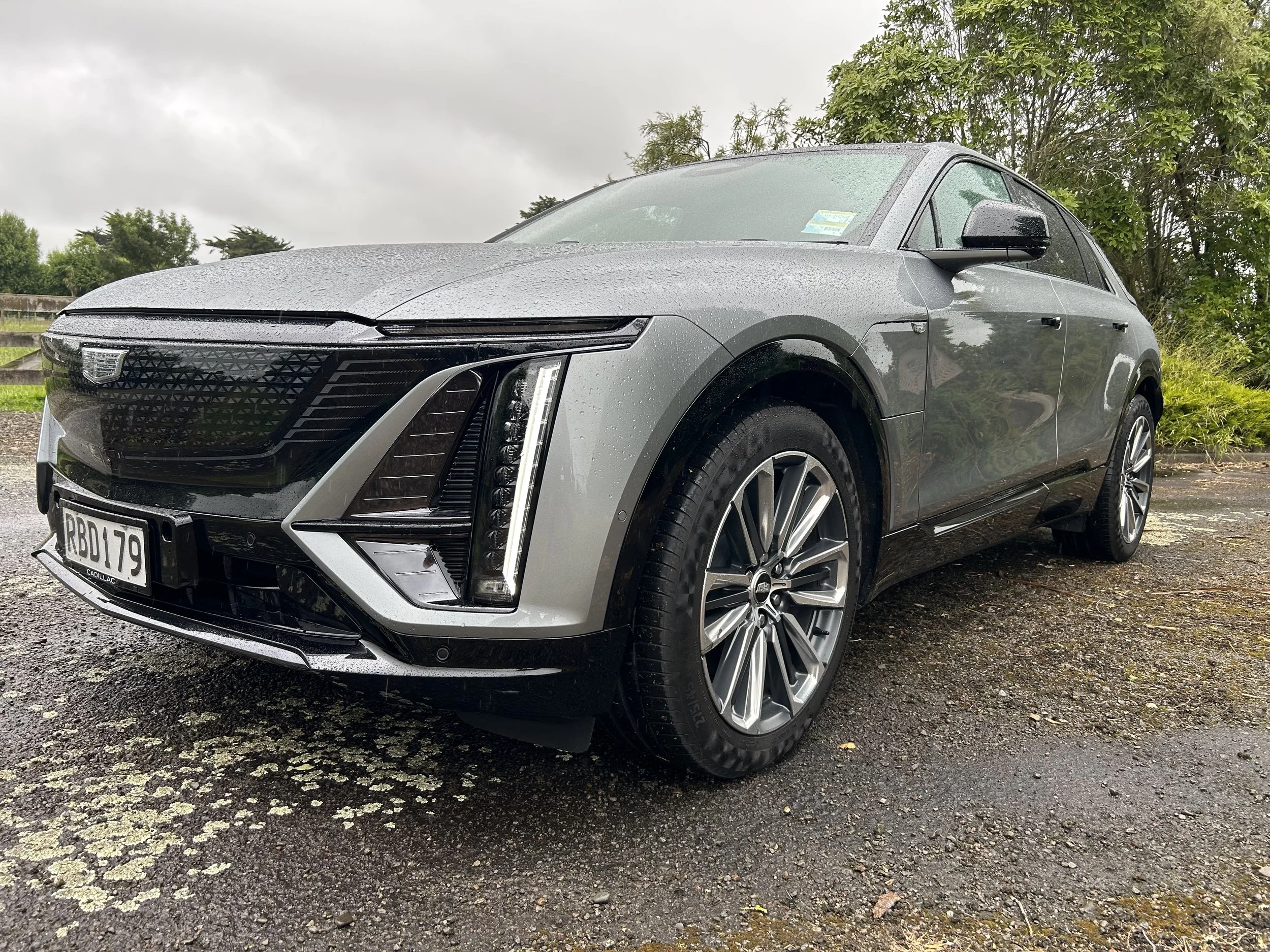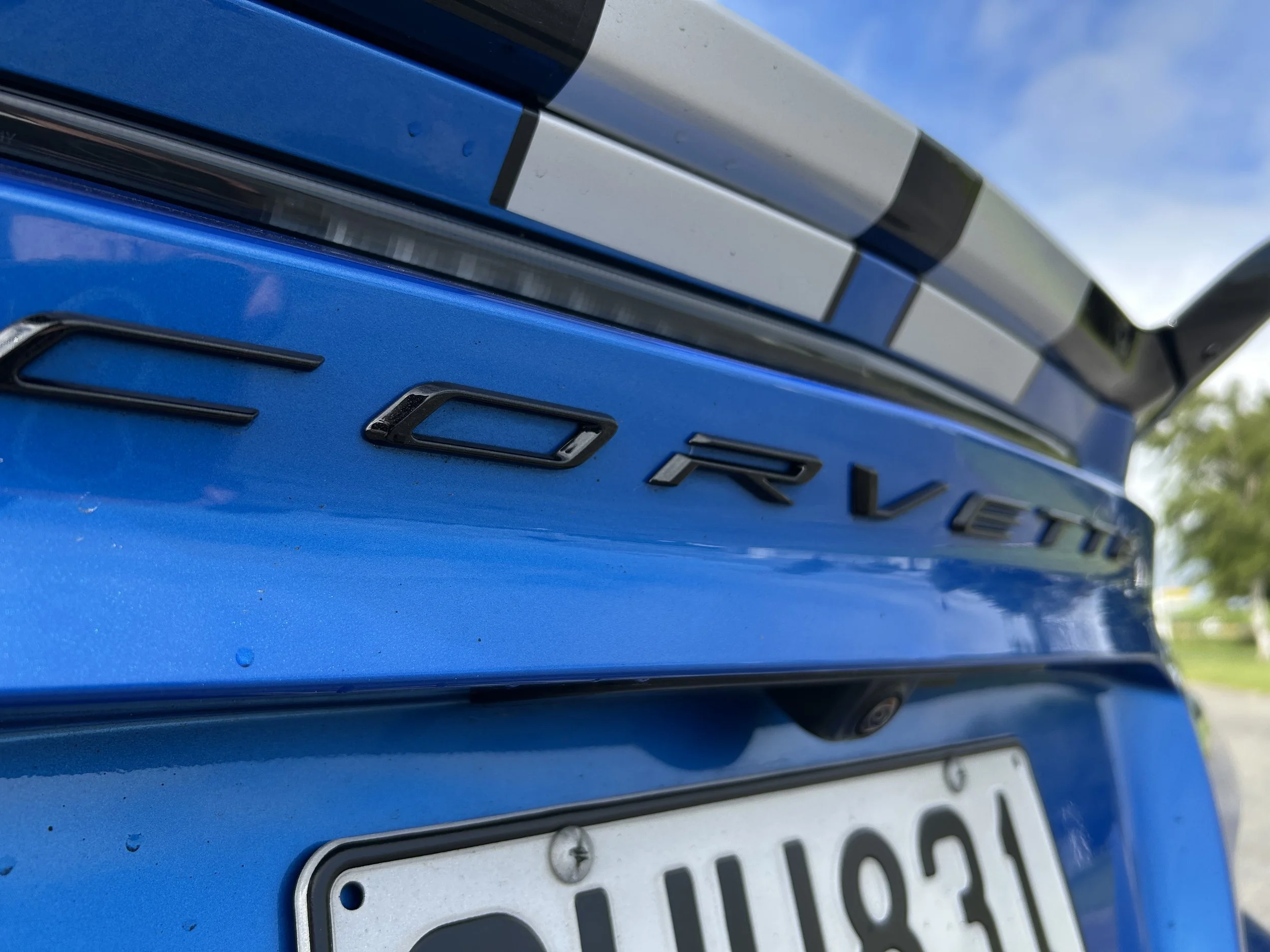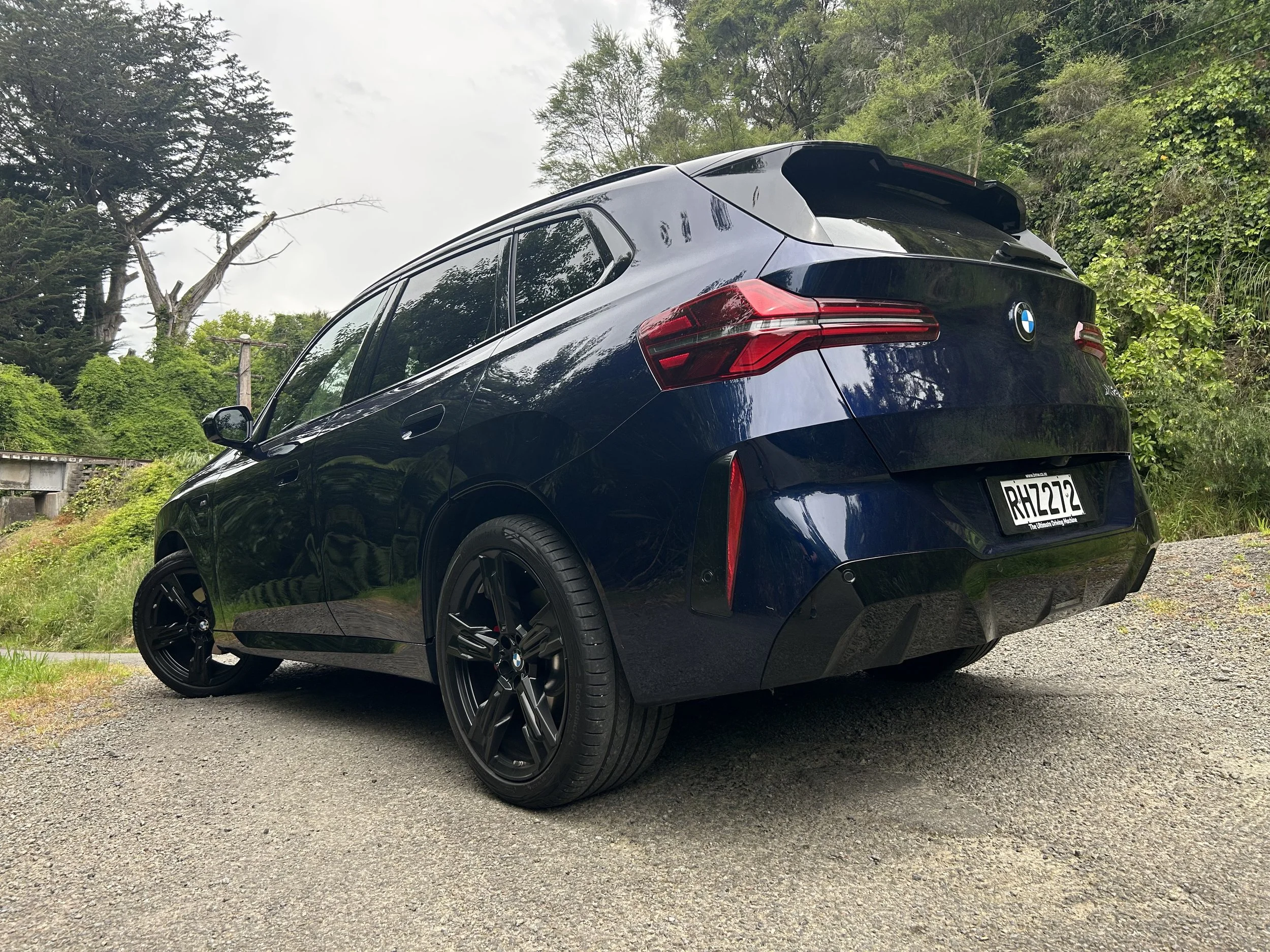Suave electric city two-seater a pointer to first Genesis EV for NZ?
/Battery-driven product will re-energise Hyundai’s Lexus rival locally – will the first of that breed be a premium city-centric model based off the Hyundai Ioniq 5?
In addition to producing electric versions of two models already availed in combustion engined format, Genesis is also working to produce its first bespoke EV, said to be based on the exciting 2019 Mint concept.
GENESIS, Hyundai's luxury brand, is returning – and though entry relies on having an electric car in the mix, that conceivably might occur within the next year, perhaps with something quite ‘mint’.
Andy Sinclair, general manager of Hyundai New Zealand, has confirmed there is intent to have South Korea’s Lexus equivalent here; this time as a complete family.
That means the marque’s fossil-fuelled models, spanning luxury and sports sedans and medium to large sports utility wagons, are also in his thoughts.
However, with the market now giving battery cars firm consideration, it only makes sense to start with that technology.
“We will look to launch Genesis when we can align with their electrification,” he told MotoringNZ.com during a recent media event.
“It makes sense with the Government direction with Clean Car discount and the Clean Car Standard.”
Mint styling study was proposed as a “highly manoeuvrable and exhilarating to drive” city sports runabout.
Genesis doesn’t have an EV available to export markets right at the moment – and Sinclair declined to offer thought on when one might come along.
“I’m not sure … I would not speculate. Sooner rather than later.”
From word out of Australia, where the make has already established a foothold, ‘sooner’ could well be 2022.
Australian media are reporting Genesis there has confirmed it will have three fully battery-compelled vehicles on sale across the Tasman within the first half of next year.
Two based off conventional fossil-fuelled models already in production and available to our neighbour now and the other is an exciting creation, set to be called GV60.
GV60 has been developed off Hyundai’s first bespoke EV platform, E-GMP, also underpinning the Ioniq 5 hatchback that comes on sale in NZ next month.
GV60 is a development of an outrageous concept, called Genesis Mint, that was revealed to the world in New York in 2019.
The styling study was proposed as a “highly manoeuvrable and exhilarating to drive” two-seater city sports runabout.
Genesis has recently developed a Shooting Brake version of the G70.
How much of that concept goes into the production eventuality is still guesswork; Genesis has development cars on the road, but they are too heavily-disguised for any clarity to be gained. If the GV60 nameplate is used, then the car would logically have some degree of SUV stance.
Mint —the name comes from the car's bright matte Hunter Green paint— would seem to be a hot ticket item with which to kick off a brand, though how much of the thematic proposed by the concept is realistic for an actual saleable car is highly questionable.
A collaboration between Genesis's American, German, and Korean design studios, it was created to be a design statement like the original Audi TT, Hyundai's global head of design SangYup Lee said in 2019. The concept was described as having at least 320kms’ of range – likely to be updated, as all versions of the Ioniq V deliver more - and be capable of 350kW fast-charging.
The Mint ditches a traditional boot in favour of a parcel shelf accessed by scissor-style side openings, which have been built with a low load-in point for easy access.
Also unveiled this year … another electric car concept, the X. The brand calls it a Gran Turismo study.
The concept's three-box design features short front and rear overhangs, wrap-around light bands and a 'crest' grille with a slight opening to cool the battery pack.
The G-Matrix pattern is also used for efficient cooling and airflow around the lower half of the vehicle and forms the basis for the aerodynamic wheel design, says Genesis.
Inside, the Mint is simplistic, inspired by the Korean tradition of embracing empty space. The centre console, which features a control knob, can be folded turning the front bench into a settee. There is also automatic swivelling of the instrument panel and bench seat for easy ingress and egress.
The oblong steering wheel is surrounded by six small screens, while a seventh is flush in the steering wheel and displays key information.
The EV commitment came as part of an announcement from the opening of a brand studio showroom in Melbourne, it’s second in Australia.
The first to launch in Australia will be an electrified version of the G80 large luxury sedan.
The Electrified G80 pairs two 136kW electric motors with an 87.2kWh lithium-ion battery for combined outputs of 272kW and 700Nm, sent to all four wheels for a 4.9-second 0-100kmh dash. Driving range is rated at 427km according to Korean testing procedures.
Genesis’ big sedan is the G80: It’s soon coming out in electric form and will also present in this Sport derivative above.
Also coming into production is an electric version of the GV70 mid-size SUV, all but confirmed to wear the Electrified GV70 moniker and expected to take the 272kW dual-motor powertrain.
In March Genesis showed off another electric study, the X Concept, an EV-based GT (Gran Turismo) concept car, which expresses a new take on sustainable luxury car design but also embodies the design language of future Genesis EV models.
“The Genesis X Concept can be described as the ultimate vision of Athletic Elegance, the inherent design language of Genesis,” said SangYup Lee.
“The signature Two Lines theme and sustainable luxury will be blueprints for the futuristic designs and state-of-the-art technologies that Genesis seeks to adopt in its future models.”
Genesis has been in New Zealand before.
Hyundai's first tilt at penetrating the premium market, centring around a large sedan – simply called Genesis – kicked off in 2017 with a blaze of publicity.
The largest Genesis model is the GV80 - it’s been on Hyundai NZ’s radar for some time.
However, the car was withdrawn and the whole exercise quietly shelved within 18 months, the car having simply failed to find enough buyers to warrant the marketing and supply effort.
In the aftermath of that, Genesis announced intent to deliver a SUV, which became the GV80 – the model that this year shot to international fame by accident, after golf star Tiger Woods crashed a promotional vehicle in California.
Sinclair was then keen, saying he could see a better opportunity for that type of vehicle. But it never happened.
Why try again? Sinclair says it’s simple – Genesis has come of age: “I think it’s a proven luxury brand, now. It will compete with the brands that are here.”
Sinclair says his operation intends to analyse what Genesis is doing in Australia and how it is being received “when we are closer to launching.”
Our neighbour’s pitch at the moment is with the GV80, plus the G70 medium and G80 large sedans.
All are high-specification and run eight-speed automatics, engines spanning from from turbocharged four-cylinder petrols - in 179kW/353Nm 2.0-litre and 224kW/442Nm 2.5-litre form – to 3.3-litre (G70) and 3.5-litre petrol V6s, the first generating 272kW/510Nm and other other 279kW/530Nm. The GV80 also provisions with a 204kW/588Nm 3.0-litre in-line six-cylinder turbo diesel.
There’s no discussion about the potential retail model. Conceivably Hyundai NZ, could follow the Australian programme.
When Genesis stacked a claim across the Tasman in 2015, it For the brand’s introduction to Australia in 2015, retail and aftersales operations were handled as occurred here, with Hyundai’s existing dealership network.
But for its return as a standalone premium entity – with the G70 and G80 – in late 2017, the company took matters into its own hands, by establishing shopping centre showrooms. Their first was in Sydney, now there’s one in Melbourne and Brisbane will be next.
GV80 puts on a bold face.
This experience is a world first – even in Genesis’ native South Korea, the operation requires customers to visit a dealership.
Genesis Motors Australia general manager Peter Evans back then explained to Australia’s Wheels publication that with just two models kicking off the relaunch – the G70 and G80 sedans – a radical restructure of the traditional franchise model would have demanded too great an investment from its dealers without corresponding volumes. It seems more prudent for the brand to fund the entire return itself.
It was expected that, as volumes grew, dealers might once again be invited to join the by-then more lucrative and mature brand. That’s yet to happen.
With the absence of dealerships, Genesis offers three ‘channels’ for customers to engage.
In addition to the showroom that offer customers a location to contact the vehicles and Genesis staff in person, the business plan also offers an ‘online channel’ for booking and managing purchases and service remotely. A third ‘home channel’ allows customers to test-drive or arrange a vehicle to be picked up for maintenance from home or the workplace.
When it comes to servicing, vehicles are collected from the customer and taken to a third-party service centre equipped specifically for Genesis models where the work is completed before returning the vehicle to the customer’s most convenient location.
Genesis is biggest in the same market where Lexus most succeeds, the United States. It also does well in some Asian countries.











